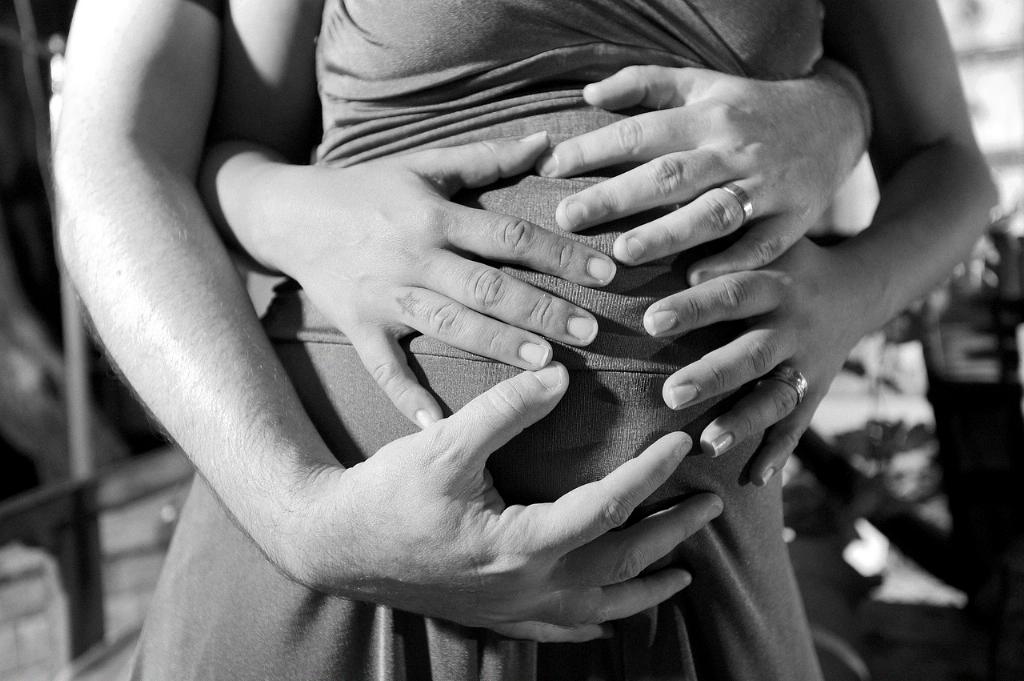After pregnancy, the period when hormones are at their worst is typically within the first few weeks postpartum. This is a time of immense change and adjustment for the new mother, both physically and emotionally. The body goes through a series of hormonal fluctuations that can impact mood, energy levels, and overall well-being.
Initial Postpartum Phase: The Rollercoaster
In the immediate aftermath of childbirth, hormones are in a state of flux. The body is adjusting to the dramatic drop in hormone levels that occurs after giving birth. This drop can trigger symptoms such as mood swings, irritability, and fatigue. The lack of sleep and the demands of caring for a newborn can exacerbate these hormonal fluctuations.
Three to Six Weeks Mark: Finding Stability
As the weeks progress, around the three to six-week mark, hormone levels begin to stabilize. The body starts to adapt to the new normal, and the intense hormonal swings of the immediate postpartum period start to even out. Sleep patterns may begin to improve, and the mother may start to feel more like herself again.
Physical Healing and Hormonal Balance
During this period of hormonal adjustment, the body is also focused on healing from childbirth. Hormones play a crucial role in this healing process, helping the body recover and repair tissues. As the body heals, hormone levels gradually return to a more balanced state, supporting the mother’s physical recovery.
Impact of Breastfeeding on Hormones
For mothers who are breastfeeding, hormones play a significant role in milk production and the breastfeeding process. The hormones prolactin and oxytocin are essential for milk production and the let-down reflex. These hormones can also influence mood and bonding with the baby, adding another layer to the hormonal changes experienced postpartum.
Long-Term Hormonal Changes
While the immediate postpartum period is characterized by significant hormonal shifts, the long-term hormonal changes that occur after pregnancy can have a lasting impact on a woman’s health and well-being. Hormonal fluctuations can continue for months, or even years, after giving birth, affecting everything from energy levels to mood stability.
Coping Strategies for Hormonal Changes
During this challenging time of hormonal adjustment, it’s essential for new mothers to prioritize self-care and seek support when needed. Maintaining a healthy diet, staying hydrated, getting enough rest, and engaging in gentle exercise can all help support hormonal balance. Seeking emotional support from loved ones or a healthcare provider can also be beneficial in navigating the emotional ups and downs of the postpartum period.
Conclusion: Riding the Hormonal Wave
The period when hormones are at their worst after pregnancy is a challenging but temporary phase in the journey of motherhood. By understanding the hormonal changes that occur during this time and taking steps to care for oneself, new mothers can navigate this period with resilience and grace. Remember, it’s okay to seek help and support as needed, and know that this too shall pass.

